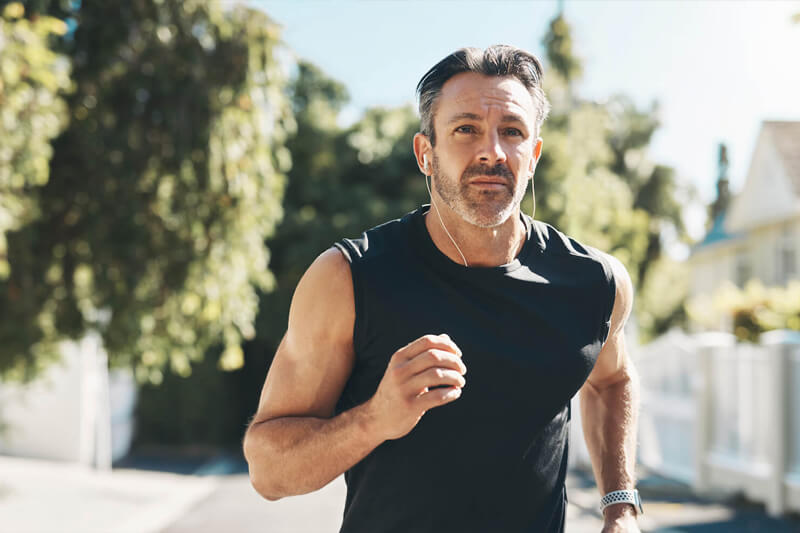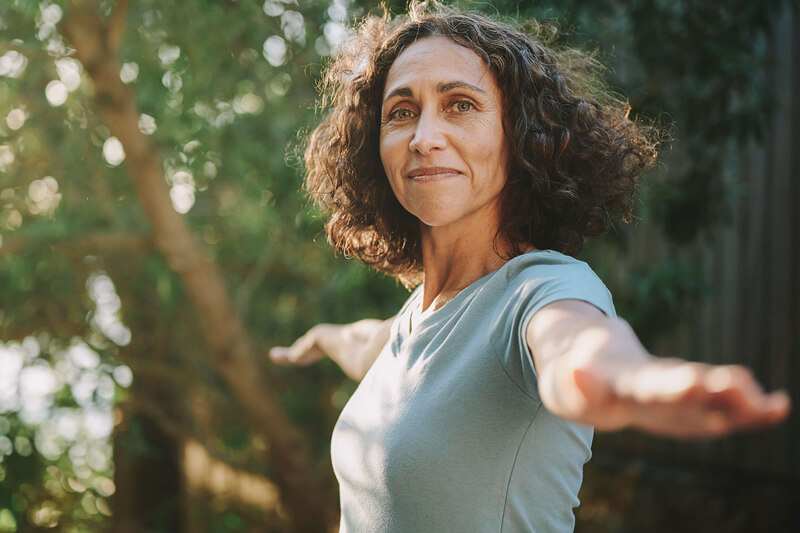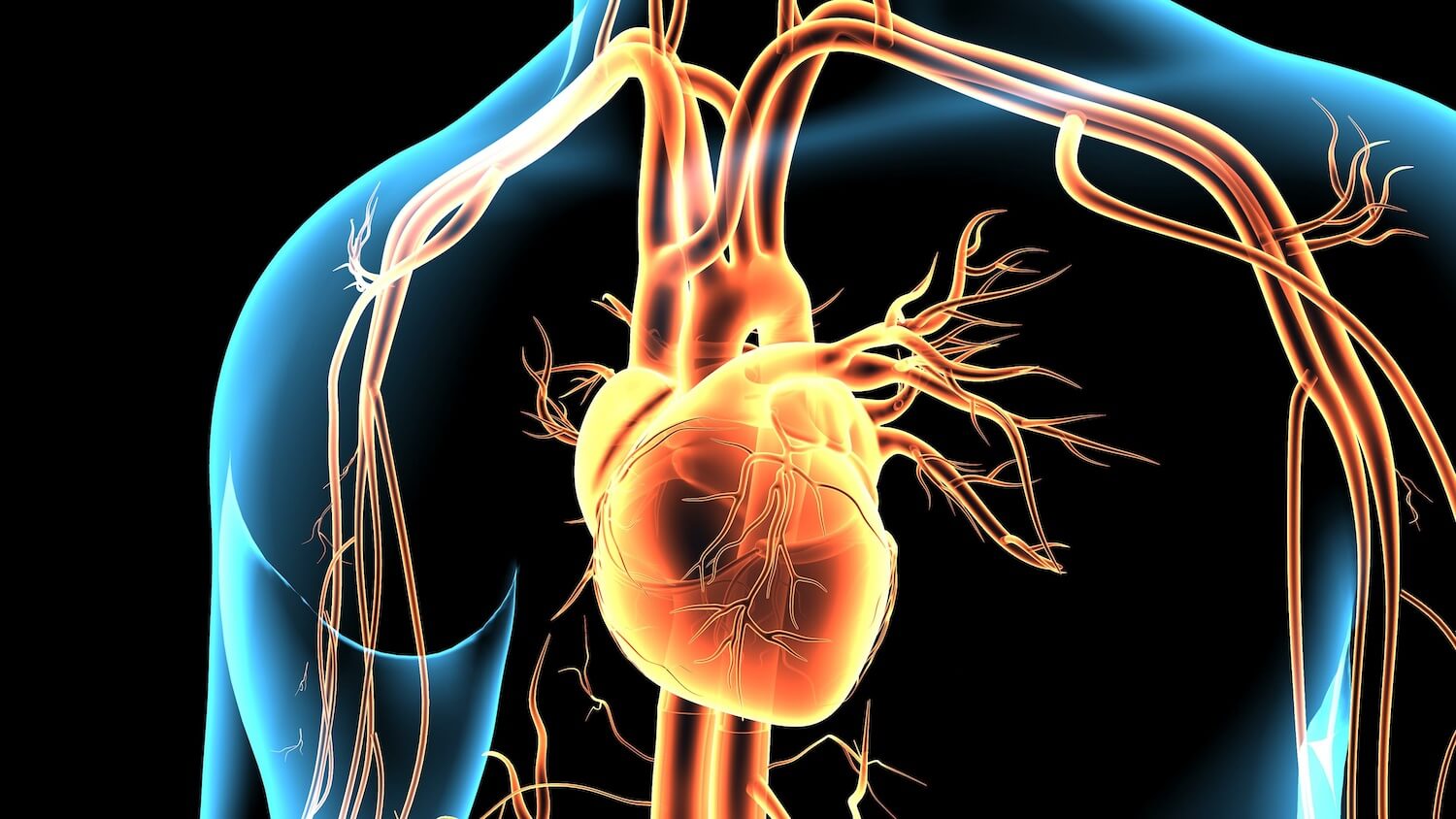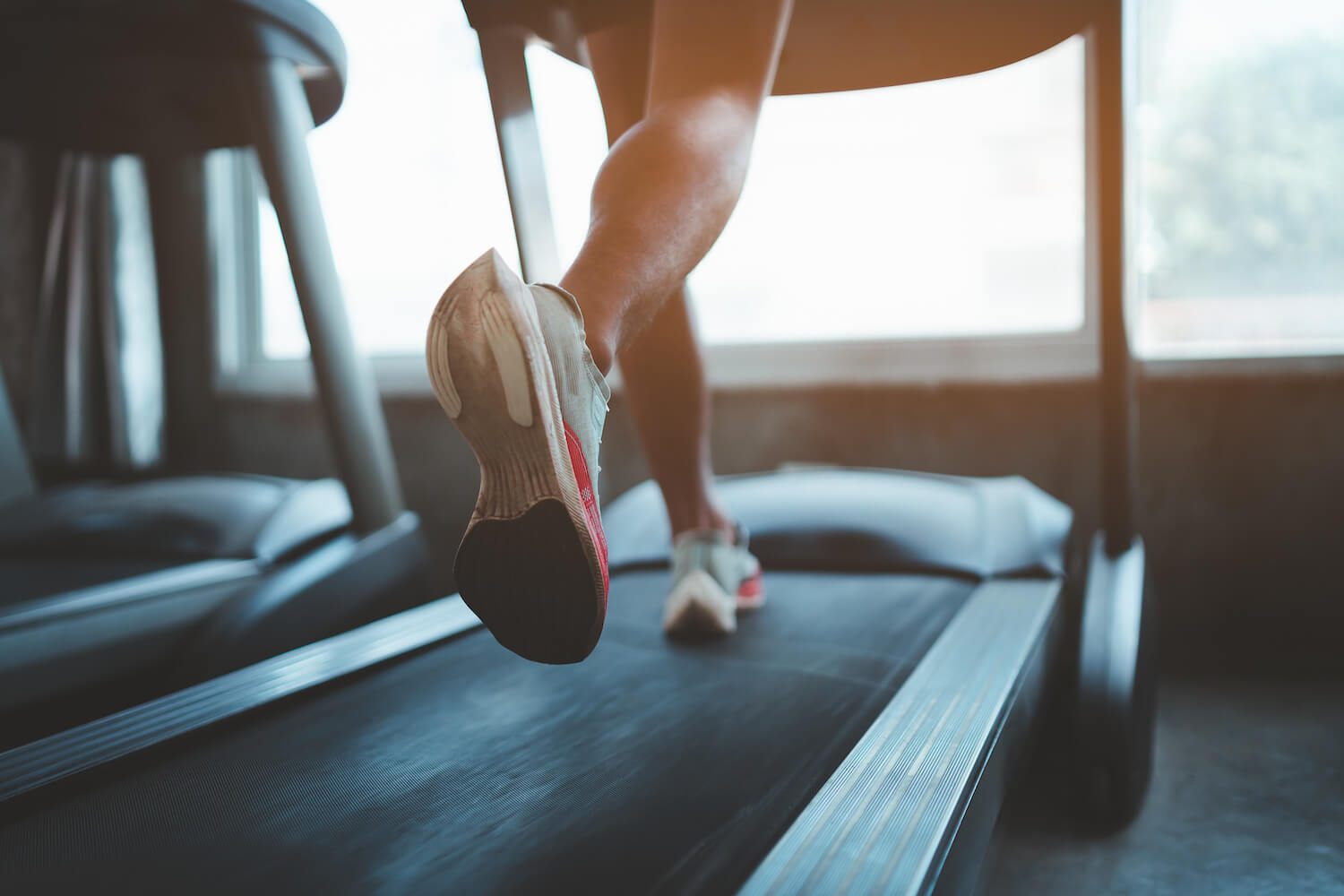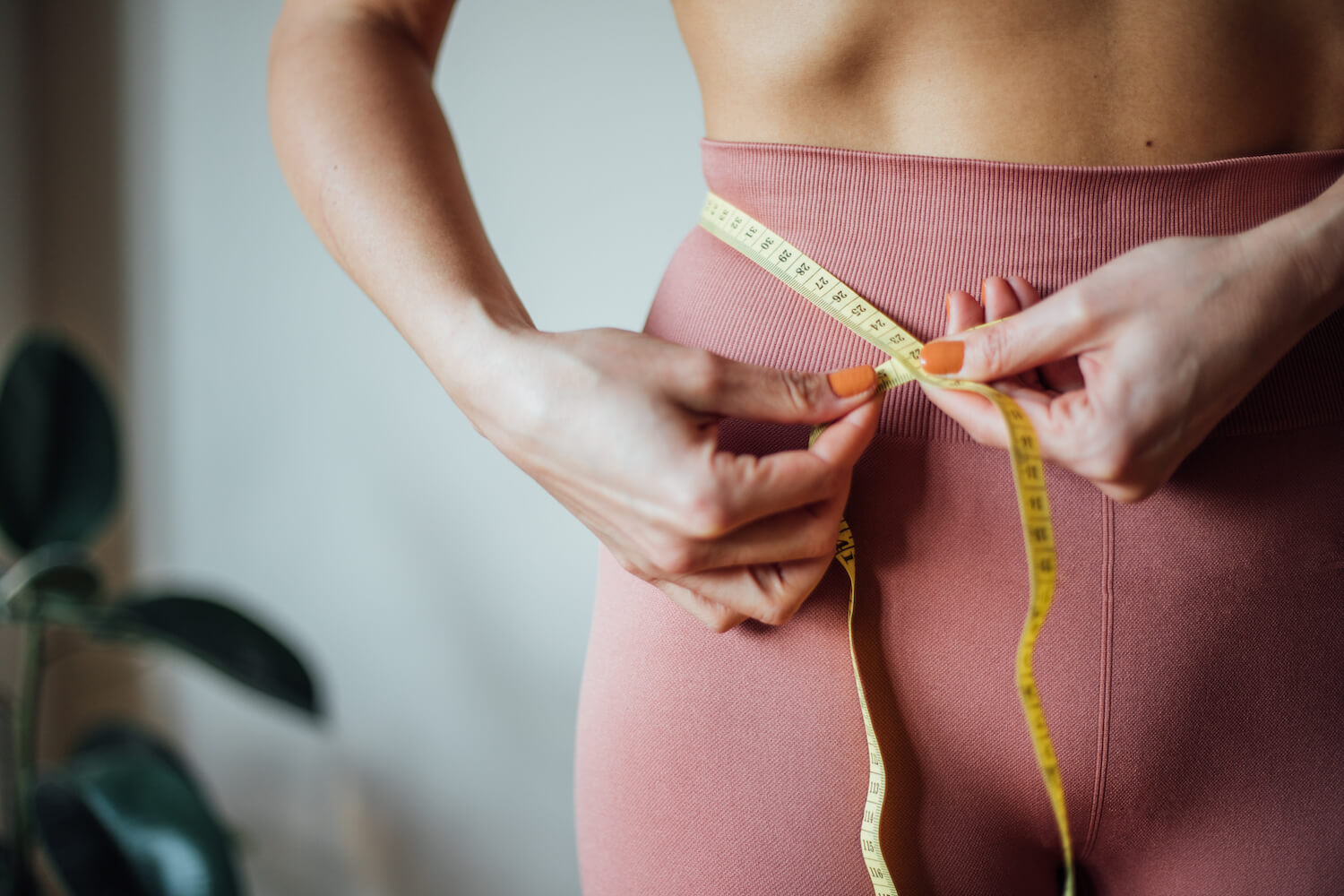Bone Densitometry DEXA Scan in Kelowna
Osteoporosis And Bone Fractures
Osteoporosis is a systemic skeletal disease characterized by low bone mass, which in turn makes individuals more susceptible to fractures and broken bones.
- Osteoporosis leads to more than 800,000 emergency room visits annually
- 1 in 2 women and 1 in 4 men age 50 and older will break a bone due to osteoporosis
- By 2025, osteoporosis will likely be responsible for roughly 3 million fractures
- A woman’s risk of hip fracture equals her combined risk of breast, uterine, and ovarian cancer
Importance of Bone Health
A DEXA scan is an imaging test that measures bone density (strength). The scan results can provide helpful details about your risk for osteoporosis (bone loss) and fractures (bone breaks). DXA can also measure your body composition, such as body fat and muscle mass.
Osteoporosis Diagnosis
A DXA scan can evaluate the bone density in the hip, spine or other bones to determine the risk of osteoporosis. It’s a way to measure bone loss as you age.
Future Risk Assessment
Cardiovascular Health
Monitor Treatment Progress
Bone Density Results
The DEXA scanner uses beams of very low-energy radiation to determine the density of the bone. The machine measures the amount of X-rays that pass through the bone from each beam.
T Score
The T-score is a measure of the number of standard deviations your bone density is from a young adult’s bone density. It basically compares your bone density to someone at peak bone health. Once you reach your peak bone mass around age 40, you begin to lose bone density each year. The T score is used to estimate your risk of developing a fracture and also to determine if treatment is required.
- A score of -1 and above is considered normal
- A score between -1.1 and -2.4 is classified as osteopenia (low bone mass)
- A score of -2.5 and below is defined as osteoporosis (extremely low bone mass)
Z Score
In technical terms, a Z-score is a measure of the number of standard deviations your bone density is from the average person of your age and gender. If this score is more than 2 standard deviations above or below average, it may indicate a need for further medical tests.
A Z-score is helpful in diagnosing secondary osteoporosis and is often used for children, young adults, women who are premenopausal, and men under age 50. The causes of secondary osteoporosis are potentially reversible. They may stem from one or more of the following:
- Inflammatory, blood, or endocrine conditions
- Low production of reproductive hormones
- Malabsorption syndrome
- Abnormal bone structure
- And other chronic diseases
Prevention With DXA Scan
Women are 4 times more likely to develop osteoporosis due to their lighter, thinner bones and longer life spans. Statistically being asian or caucasian also puts you at higher risk. Anyone at risk for osteoporosis should get a bone density scan.
What To Ask Your Doctor About Bone Density Testing And Your Osteoporosis Risk
Knowing the right questions to discuss with your healthcare provider can be a daunting task. Here are some suggestions to inquire if a DXA scan is right for you:
- Would any of the medical conditions I have contribute to bone loss?
- Would any of the medicines I’m on contribute to bone loss?
- How much Vitamin D and Calcium should I get each day?
- Do my lifestyle choices contribute to bone loss? (nutrition, caffeine, alcohol)
- Am I at risk for osteoporosis or fractures?
- What physical activity can I do to prevent osteoporosis?
- What can I do to decrease my chances of a fall?
Am I Overweight?
Are you in the healthy range? Use this tool to calculate your Body Mass Index (BMI) now to know your risk for obesity-related diseases.
How Healthy Are My Bones?
Take the 1-minute quiz to determine your risk for developing osteoporosis.
DexaCan Plan Options
The DEXA scan is the gold standard procedure for body composition analysis. We offer multiple plans for you to choose from.
- 45 mins | Whole Body Scan + Dexafit Ai App Results
- Accurate measurement and detailed visual imaging of body composition provides valuable information giving detailed breakdown of your whole body mass: weight of your bones, fat, muscle and visceral fat.
- Calculations and measurement of total body mass – lean mass and fat mass (breaks down your total body mass by region, including arms, legs, trunk (left and right), android-apple shape (breast and belly), and gynoid-pear shape (below the waist).
- Estimated amount of visceral fat – the type of fat around the internal organs stored
within the abdominal cavity. - Bone health screening of your whole body bone mass can give a good indication if
you are most likely to have bone loss or bone decrease. - Visual comparison of gradual changes in body mass over time.
- Scores compared to your gender and age group.
- Ideal for those seeking weight management, athletes, fitness enthusiasts,
bodybuilders and to gain the best possible insight regarding body composition. - Monitoring progress over time has never been so easy. Download the Dexafit AI App
on Google Play or Apple App Store for your results. - Our Technologists will guide you through the application and provide you with basic
information based on your results. - Patients will receive an emailed copy of the report.
- 45 mins | Whole Body Scan + Dexafit Ai App Results + Physician Review
- Accurate measurement and detailed visual imaging of body composition provides valuable information giving detailed breakdown of your whole body mass: weight of your bones, fat, muscle and visceral fat.
- Calculations and measurement of total body mass – lean mass and fat mass (breaks
down your total body mass by region, including arms, legs, trunk (left and right),
android-apple shape (breast and belly), and gynoid-pear shape (below the waist) - Estimated amount of visceral fat – the type of fat around the internal organs stored
within the abdominal cavity. - Bone health screening of your whole body bone mass can give a good indication if
you are most likely to have bone loss or bone decrease. - Visual comparison of gradual changes in body mass over time.
- Scores compared to your gender and age group.
- Physicians review the results in approximately 1-2 weeks, may advise on lifestyle
modification, recommend further testing, treatment, or referrals to specialists if necessary. - Ideal for those curious about health, planning to get healthier, losing weight and gain
the best possible insight regarding body composition. Breast health screening based
on BMI and body fat. - Monitoring progress over time has never been so easy. Download the Dexafit AI App on Google Play or Apple App Store for your results.
- Our Technologists will guide you through the application and provide you with basic
information based on your results. - Patients will receive an emailed copy of the report.
- 45 mins | Osteoporosis Screening + Results + Physician Review
- Evaluation of bone density loss or low bone mass in the hip, spine and sometimes the forearm to determine the risk of osteoporosis.
- Values are compared to others of the same age and gender (Z-scores) or healthy
young adults at peak bone mass (T-scores). - Results help track bone health changes over time:
- Early detection: Can identify bone thinning (osteopenia) at an early stage,
before it progresses to osteoporosis, allowing for timely intervention. - Risk assessment: Helps predict your risk of future fractures.
- Diagnosis: Diagnose osteopenia (low bone mass) and osteoporosis.
- Monitoring: Tracks the effectiveness of osteoporosis treatment.
- Physicians review the results in approximately 1-2 weeks and provide recommendations, treatment, or referrals based on the findings.
- Patients will receive an emailed copy of the completed report.
LAB WORK – Additional cost approximately $200 paid to the lab (subject to change)
- Your blood can also determine your bone health. In addition to the scan, lab work is ordered as part of bone health screening and risk assessment.
- We will provide you with a bloodwork requisition and instruction at the scan
appointment.
- 45 mins | Abdominal Aortic Calcification Scan + Results + Physician Review
- Screening to detect and identify individuals at higher risk for heart disease by assessing Abdominal Aortic Calcification (AAC).
- Lateral DXA is non-invasive, has low radiation exposure, and is relatively inexpensive compared with CT, a helpful screening tool for vascular calcification.
- Measurements can help detect anomalies earlier. The image captures the presence of abdominal aortic calcification (AAC) associated with cardiovascular disease in older individuals.
- The build-up is the hardening of the abdomen’s largest artery. When calcium deposits build up in its walls, it hardens and restricts blood flow.
- Physicians review the findings in approximately 1-2 weeks. Provide recommendations, medical intervention, and may advise on lifestyle modifications
that can help manage or prevent medical conditions. - Patients will receive an emailed copy of the completed report.
LAB WORK – Additional cost approximately $200 paid to the lab (subject to change)
- Your blood can also determine your cardiovascular health. In addition to the scan, lab work is ordered as part of screening and risk assessment.
- We will provide you with a bloodwork requisition and instruction at the scan appointment.
DexaCan is more than your average medical clinic.
Who Should Get a DEXA Scan?
A DXA assessment is suitable for people on weight management programs, athletes in training as well as men and women at risk of osteoporosis and bone fracture.
Why choose DexaCan for your private DEXA body scan?
Leading Expertise
Rapid Access
Innovative Diagnostic Imaging
Safety & Comfort
FAQS
A bone density test is mainly done to look for osteoporosis (thin, weak bones) and osteopenia (decreased bone mass) so that these problems can be treated as soon as possible. Early treatment helps to prevent bone fractures.
The complications of broken bones related to osteoporosis are often severe, particularly in the elderly. The earlier osteoporosis can be diagnosed, the sooner treatment can be started to improve the condition and/or keep it from getting worse.
DEXA scans offer a high degree of precision and accuracy. Medical experts consider DEXA scans to be an accurate test for diagnosing osteoporosis.
Unlike x-ray machines, DEXA machines are checked daily for their ability to measure bone mineral accurately, and no two DXA machines are exactly alike. That is why your healthcare provider will insist that you have all of your DEXA tests done on the same machine.
The report presents your bone mineral density results in three ways:
- Bone mass in grams per cm square.
- T-score: a calculation made from the DEXA manufacturer comparing your bone mass to that of their healthy control group.
- Z-score: a calculation made from the DEXA manufacturer comparing your bone mass to that of your peers.
Please contact us with questions, or to schedule an appointment. We are always happy to hear from you.
Or call us during clinic hours at 778-760-2161.
"(Required)" indicates required fields

